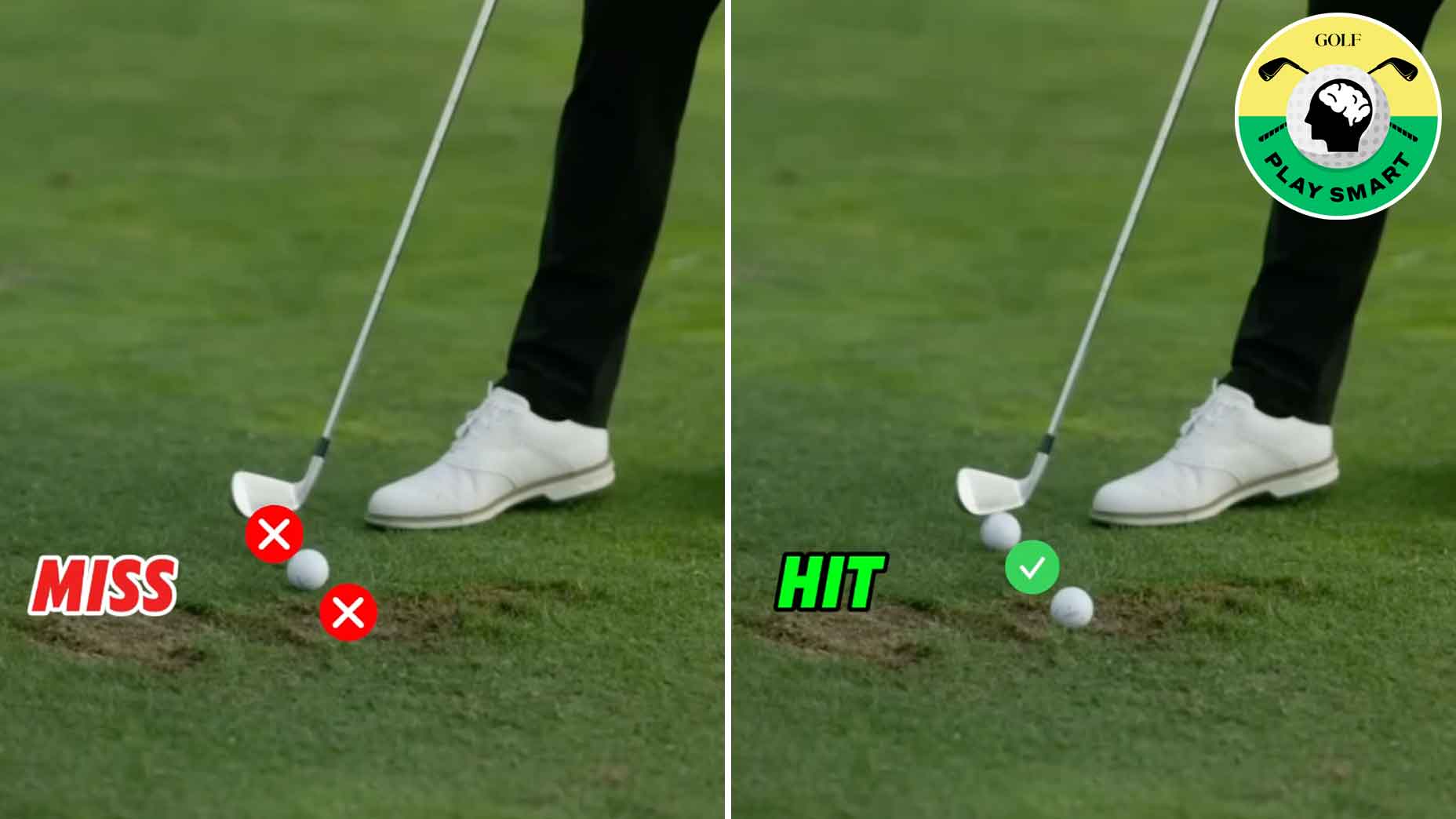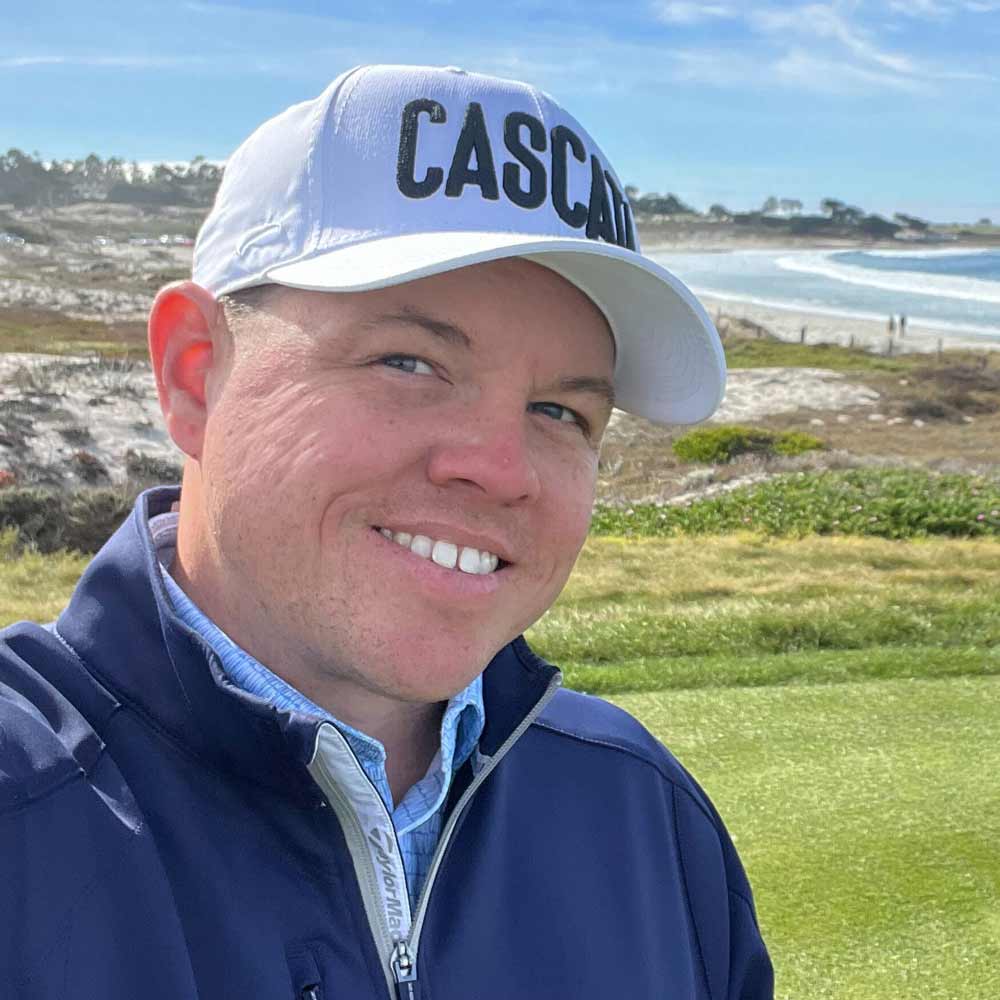
Kris McCormack
April 29, 2025
Watch Ping’s tour truck.
Johnny Wunder/Golf
Let’s talk about a topic that makes the shift head start and the average weekend Warriors get their wallet: Travel Golf Club.
You may have heard the term thrown by your friend, who insists that his driver is “the same used by Rory”. Or maybe you’ve been browsing eBay and stumbled upon a screaming list: “Rare travel issues, heat melting, X-Flex, TC series – not mortals.” But what exactly is the club that tours, and why are people so bad that they should even rock one? Let’s get into this “taboo” theme.
What is a travel club?
In the simplest terms, “tourism issues” refer to clubs built specifically for professional golfers. These clubs are often the same design as retail models, but with tighter tolerances, custom tweaks and extra attention to detail. We are talking about precise lofts and lies, special axes, rocking weights below grams, and sometimes secret heat melts (tourist sauce) to fine tune the sound and feel.
Think of it this way: you can buy the same sneakers that LeBron wears, but a pair of LeBron may fit his feet like those grown up in the lab. Travel clubs are the same concepts; they are precise tools designed for a particular job and are also very specific players.

Fairway wood accessories from Xander Schauffele (and what you can learn from)
go through:
Johnny Wunder
Why do people want them?
Because we all want to believe that we stay away from the PGA Tour’s axis upgrade. Again, we always want things we can’t have. At least, I’m willing…just me? OK, keep going…
Honestly, there are some self-involvement. A club with a tour club feels like you are part of an exclusive club, just like you just got the secret menu when you were in In-N-Out. You think: “If it’s good enough for JT, it’s good enough for me.” Of course, there are some cool factors to play the stuff made for tour players. But cool isn’t always the best game for you.
Additionally, the myth surrounding the travel issue surfaced means “better” or “hoter.” Spoiler Alert: No. This means building the exact numbers for professionals more precisely – not necessarily built to save slices or increase the startup angle. In some cases, the head actually starts to “slow”. Why? COR/CT tests on tour. These players hit thousands of balls and became thinner at the beginning of the season, making their faces thinner and thinner, essentially “heater” when they beat the faces. You also have to remember that some of these players hit the ball at 185 mph.
“Aren’t they faster?” No, again wrong. If anything, they are slower. Tour players don’t want to be so close to the tolerance that fits, and may even be punished. Having said that, most tours are actually slower. Modern players only have enough speed to make the rest of us feel slower.

Mizuno JPX 925 Hot Metal HL Custom Iron
JPX925 Hot Metal HL redefined the performance of an already leading franchise. Combining the power and speed of nickel chromium with the newly engineered Cortech design, it has a contoured elliptical surface, and the consistency of the distances throughout the impact zone is never very long and predictable. The HL model has also been shown to provide higher ball flights throughout the scene, enhancing the performance of players seeking more carry and forgiveness. The Contour Ellipse Facea has completely redesigned its face shape at multiple thicknesses, which is 30% thinner than the previous generation. The contour ellipse enhances the velocity of the central sphere and ensures maximum velocity retention at the impact. In the 4-7 iron, the multi-matter construction of the tungsten at the lower optimal position produces higher emissions, resulting in a steeper landing angle. Balance stability framework balance weighting improves control while maintaining forgiveness and producing tour preferred vibration and sound. The sound ribs are dialed in vibration mode to create a strong explosive impact sound.
$149.99 from Fairway Jockey
View Product
Also available: PGA Tour Usperstore, Mizuno Golf
How are they different from retail clubs?
Here is a breakdown of how the tour club differs from the clubs on the shelf of your local store:
Tolerance: Measure and classify travel heads so that the representatives on the truck know exactly what the specifications are and what they have established with them. Retail heads can lower a degree or two, but still pass QC. The truth is, most of us will never notice it.
Weighted: Touring clubs usually add heat melting or make internal weighted adjustments for sensation and sound. Most retail clubs are them. It’s not that you can’t do a doctor’s retail head. I’ve always done this. Does anyone say lead tape?
Axis Match: Tour players can rotate, frequency match and test. you? You can get anything in the “stock” bin at the factory. It works very well for a large number of players.
Serial number: Tour clubs usually have a “T” or “TC” serial number; also known as: the mark of a gear golf nerd. (My people)
No warranty: Buy a travel club and you are alone. If it breaks, it will not be sent back to the mothership for replacement. This is a big risk considering that travel heads are usually sold at a much higher price than what is available for retail prices.

Justin Thomas’ favorite batting drill
go through:
Zephyr Melton
Why shouldn’t most people play
Here’s the part no one wants to hear: Unless you’re a +2 barrier, the boot monitor and part-time club decorator in the garage are on the speed dial and you don’t need a tour club. In fact, this may actually make your game worse. I’ve been there, done it, got the t-shirt.
Clubs on tour are usually set for players who wield off their shoes, compressing the ball like we’ve never seen before, wanting to take off the shot, rather than adding. If you grab a travel driver built for someone who wields 120 mph X-Stift axle and 8-degree loft, and you sway at a baby fading speed at 95 mph, you’ll hate your life.
And don’t even let me start traveling with the blades. Unless you like the sensations of your fingers, vibrate these feelings, leave them to professionals and masochists.
Playing means something to you
Ultimately, golf is tough enough to make it even harder with gear that isn’t suitable for your game-making. There is no shame in playing a tolerant club. or lighter shaft. or weaker loft. Where is my 7 wood man?
What to play gives you confidence. What to play to make the ball in the air. What makes the game fun.
“Yes” is a tourist 3-wood. Or, it could be a game-modified 7 iron with 40g graphite shaft. Who cares? The scorecard doesn’t ask you how many shots you’re hitting, how many shots you need to get there.
There is no doubt that the travel club is cool. They are F1 cars for golf equipment – fast, precise and meticulously tuned for elite drivers. (No puns.) But most of us are just trying to find the fairway and keep our dignity intact. So next time you’re craving to buy “things built for tours”, ask yourself: Was it built for me? There is a good chance that the club built for you will help you play better golf and be more fun.
Are you ready to find your schoolbag for 2025? Find a club location near your True Spec Golf.

Kris McCormack
golf.com contributor
McCormack, based on a career spanning over 20 years in the golf industry, served as Vice President of Tourism and Education at True Spec Golf for the last six years of his career. During this time, he planned training programs for real spec fit personnel and promoted more continuing education courses. and manage their tourism sector and establish relationships with many OEM partners. Before joining the real spec team, McCormack worked with several industry-leading manufacturers to become a major level professional. In addition to being a coach and working with the Golf Channel Academy, he serves as a lead lecturer and a professional with inappropriate branding. He also works with the R&D team to assist in the product design, testing and development of various equipment distributions. He is a golf enthusiast and lives in the gear space!
Source link



